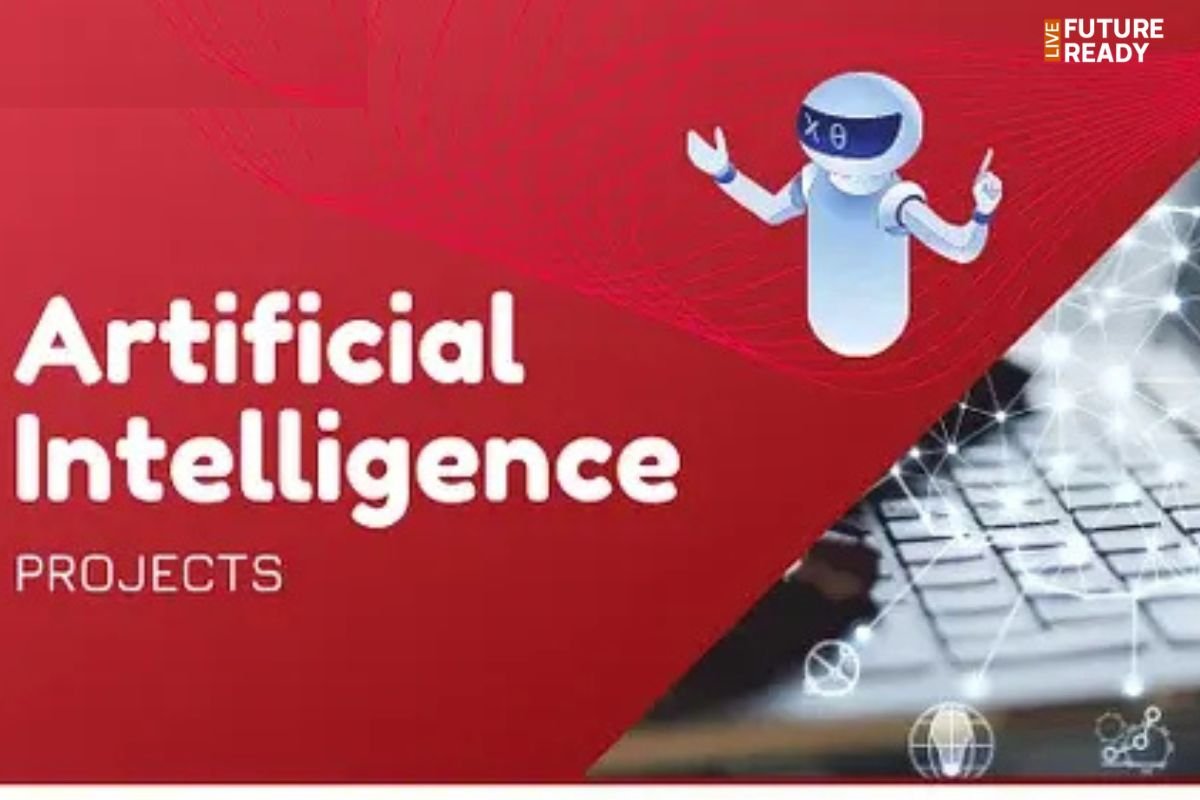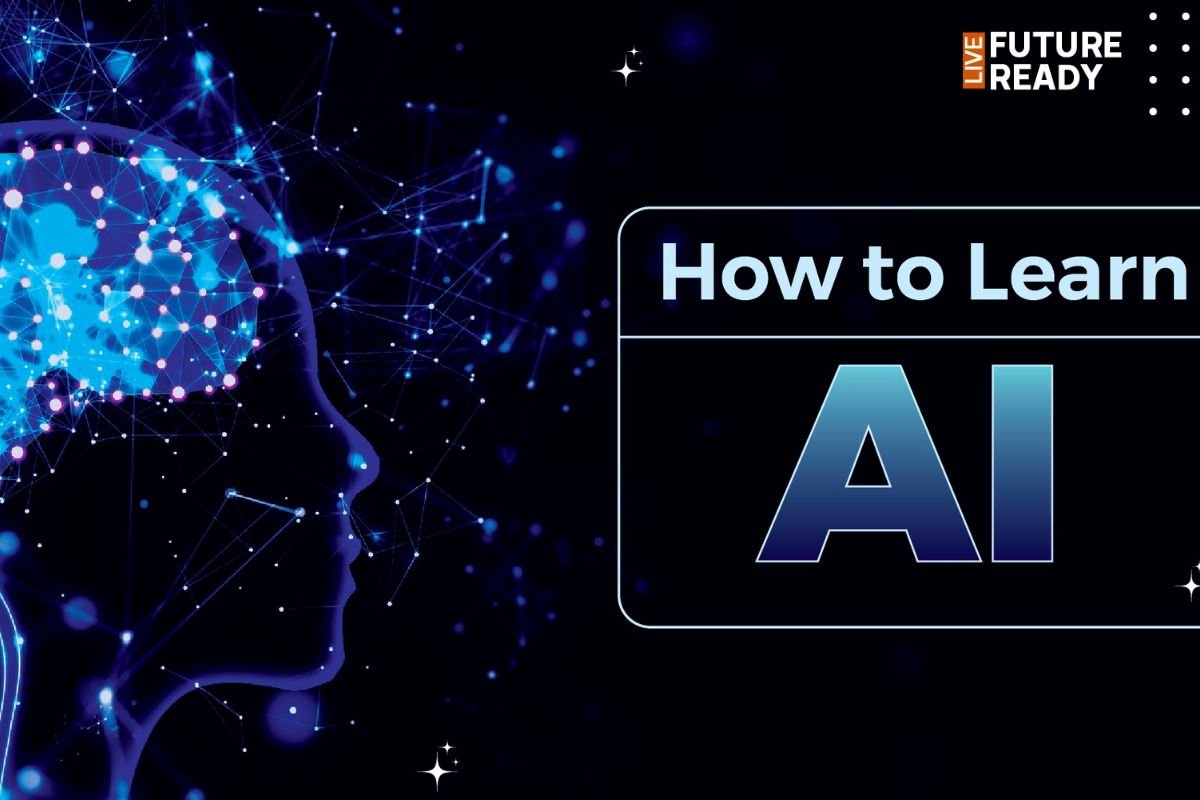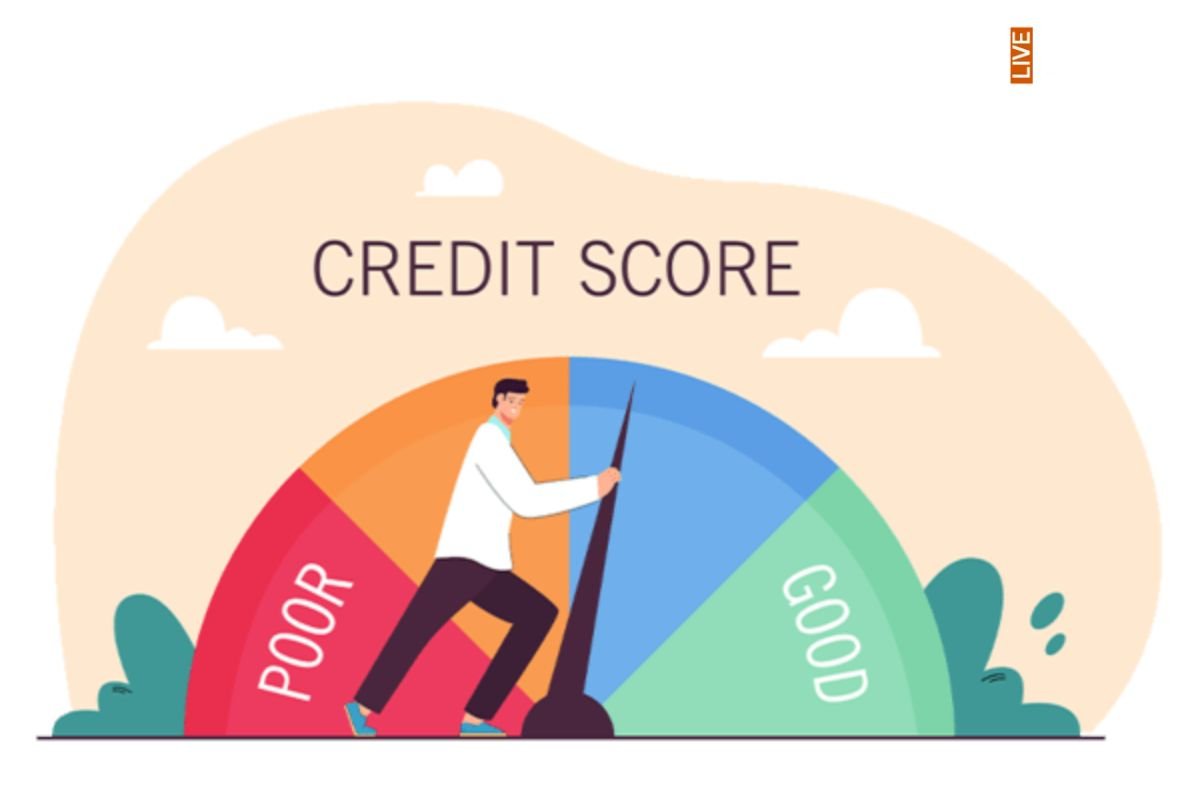In a significant move towards enhancing transparency and efficiency, the Directorate of Education (DoE) in Delhi has announced the complete computerization of the admission process for students from Economically Weaker Sections (EWS) and Disadvantaged Groups (DG) in private unaided schools. This initiative aims to streamline admissions, reduce manual intervention, and ensure a fair selection process for eligible students.
Key Features of the Computerized Admission Process
- Online Application Portal: Parents can now submit applications through a dedicated online portal, eliminating the need for physical form submissions. This user-friendly platform allows applicants to fill in necessary details, upload required documents, and select preferred schools.
- Digital Document Verification: The system incorporates digital verification of documents, reducing the chances of fraudulent submissions and ensuring that only eligible candidates are considered.
- Randomized Lottery System: To maintain fairness, the allocation of seats will be conducted through a computerized lottery system. This random selection process minimizes biases and ensures equal opportunities for all applicants.
- Real-time Updates and Notifications: Applicants will receive timely updates regarding their application status through SMS and email notifications, keeping them informed throughout the process.
Benefits of the Digital Admission System
- Enhanced Transparency: The computerized system reduces human intervention, thereby minimizing the potential for manipulation and ensuring a transparent admission process.
- Increased Accessibility: By moving the process online, parents and guardians can apply from the comfort of their homes, making it more accessible, especially for those who may find it challenging to visit multiple schools.
- Efficient Processing: Automation speeds up the application and selection process, allowing for quicker announcements of results and reducing the administrative burden on schools and the DoE.
Implementation and Support Measures
To ensure a smooth transition to the computerized system, the DoE has implemented several support measures:
- Help Desks and Support Centers: Dedicated help desks have been established to assist parents with the online application process, addressing queries, and providing technical support.
- Awareness Campaigns: The DoE is conducting awareness programs to educate parents about the new system, its benefits, and the steps involved in the application process.
- Language Support: The online portal is available in multiple languages to cater to the diverse population of Delhi, ensuring that language barriers do not hinder the application process.
Challenges and Considerations
While the move towards full computerization is a positive step, certain challenges need to be addressed:
- Digital Literacy: Some parents may lack the necessary digital skills to navigate the online system. The DoE’s support centers aim to mitigate this issue by providing guidance and assistance.
- Access to Technology: Families without access to computers or the internet may face difficulties. To combat this, the DoE has set up kiosks and centers equipped with necessary facilities to aid such applicants.
- Data Security: Ensuring the security of personal information is paramount. The DoE has implemented robust cybersecurity measures to protect applicant data from potential breaches.
Conclusion
The complete computerization of Delhi’s EWS and DG school admission process marks a significant advancement towards equitable and efficient education access. By leveraging technology, the DoE aims to create a more transparent, accessible, and streamlined system that benefits both applicants and educational institutions. Continuous efforts to address challenges and provide support will be crucial in realizing the full potential of this digital initiative.




















